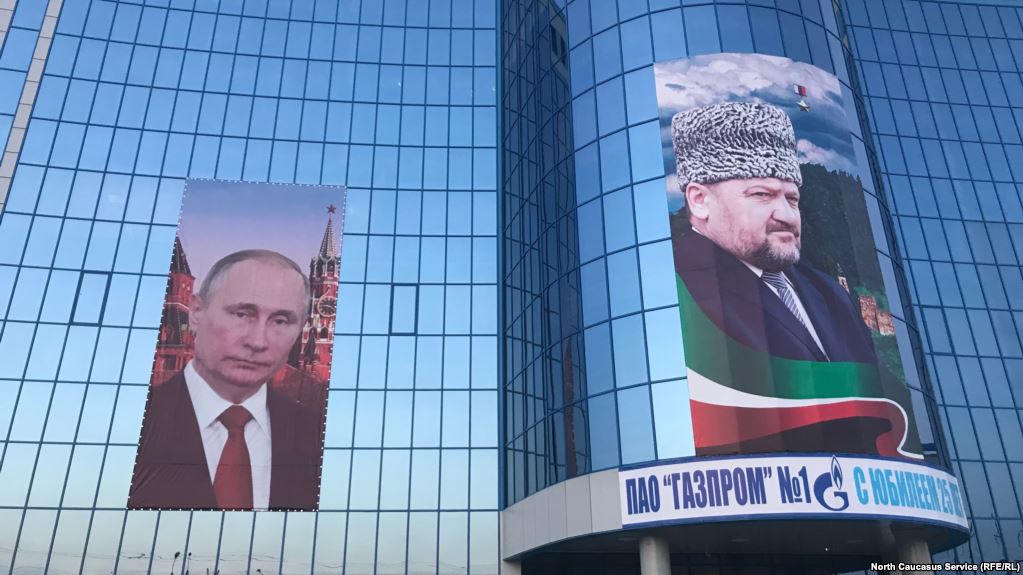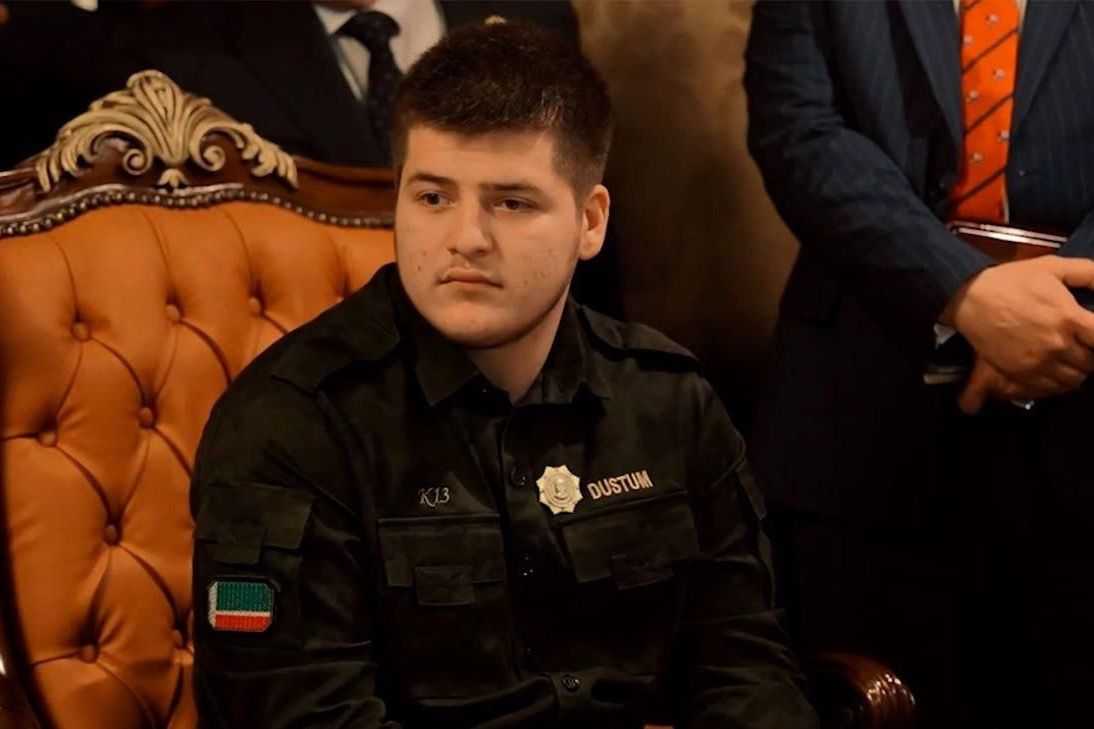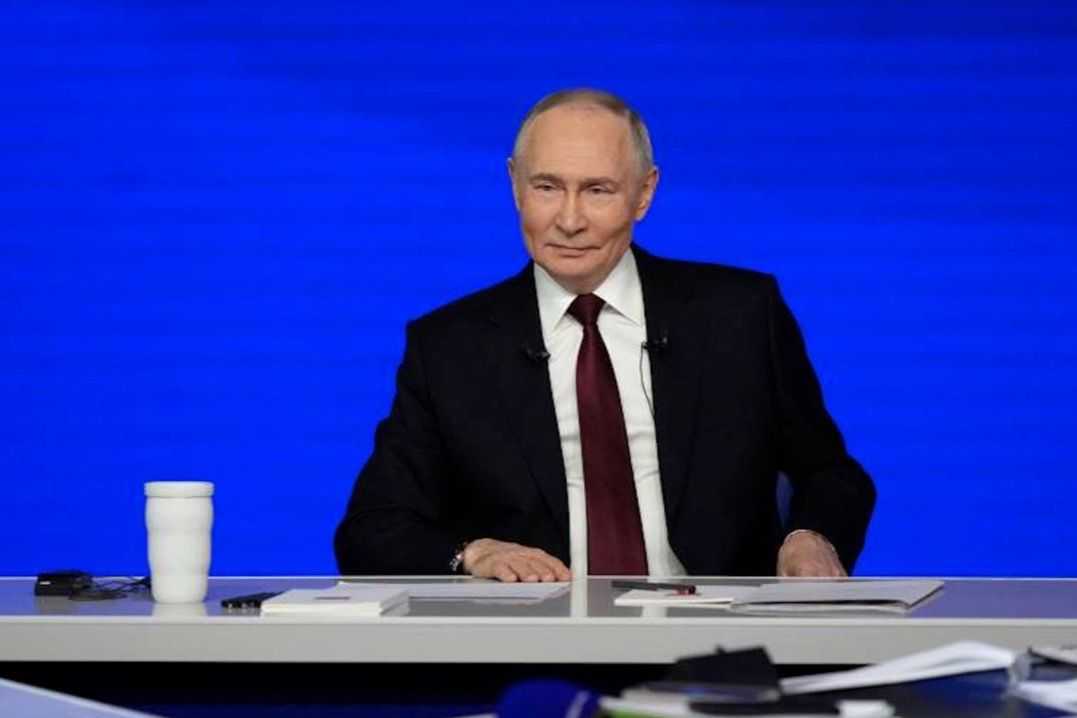

The Chechen Prosecutor’s Office has successfully applied in court for gas debts worth a reported ₽9 billion ($136 million) owed by the local population to Gazprom, to be written off. The ruling has led politicians from other regions of Russia to call for similar debt write-offs.
On 18 January, the official website of the Prosecutor’s Office reported that on 20 December, Grozny’s Zavodskoy District Court granted their appeal to have debts older than three years owed to the local subsidiary of the Russian gas giant, Gazprom Mezhregiongaz Grozny, to be cancelled.
The write-off of related to accumulated debts for gas supplies before November 2015.
According to the report by the Chechen Prosecutor’s Office, the write-off was in accordance with the federal law on the expiry of the limitation period of arrears.
The report also stated that demands for the gas company to pay the debts created ‘tensions in the society that could lead to sentiments of protest’.
The following day, the text of the report online was dramatically altered — the debt amount and reference to possible social tensions were removed. The original version of the text remains accessible via Google’s cache.
On 21 January, Gazprom filed an appeal against the decision of the Grozny court. The Gazprom website states that debts of ₽9.35 billion ($140 million) were accumulated from January 2007 to September 2015. The total debt of the population of Chechnya on 1 December 2018 amounted to ₽13.22 billion ($200 million).
The vice-president of Gazprom, Valery Golubev, told journalists that this method of writing off debts was contrary to the law.
He also noted that the calls to write off debts undermined efforts by the gas company to collect debts. ‘The supplier’s demands cannot be the cause of “tension”, the problem has deeper roots’, Golubev continued.
[Read on OC Media: Russia’s North Caucasus: buried in gas debts]
Equality of Russia’s regions
News of the Grozny court’s decision spread in Russian media and caused widespread discussion in social networks, with Russian users posting under the #9BillionChallenge hashtag.
Aleksandr Grigorenko, a deputy in the legislative assembly of Perm Krai, in the Russian Urals, sent a request to the local prosecutor’s office to follow suit and writing off gas debts amounting to around ₽3 billion ($45 million) for the local population, local newspaper Zvezda reported.
Grigorenko noted that he would be satisfied either if debts were written off in Perm Krai or if Chechnya’s write off was reversed.
A similar request was made by Sergey Ivanov, an MP in Russia’s lower house, the State Duma, from southern Russia’s Rostov Oblast, local newspaper Don News reported.
State Duma MP Aleksey Kurinny proposed writing off debts for all housing and communal services older than three years for the entire population of Russia.
Kurinny told radio station Govorit Moskva that such debts cannot be recovered in court because according to Russian law, debtors can apply for utility debts older than three years to be written off.
‘You can wait for lawsuits from Gazprom and then declare that the statute of limitations has passed, or you can do it centrally, as the prosecutor’s office of the Chechen Republic did. This applies not only to debts for gas — this also applies to debts for other utilities, for heating, for electricity, where there is also no hope for recovery after three years’, he said.
On 23 January, Russia’s Minister of Construction, Housing, and Communal Services, Vladimir Yakushev, called on parliamentarians to refrain from ‘emotional decisions,’ the parliamentary newspaper reported.
According to Yakushev, if debts for housing and communal services for Russians are written-off, the government will face a lot of questions about the source of this funding.
Speaking on the precedent in Chechnya, Yakushev noted that a higher authority should consider the legality of this decision. According to the minister, the debts of the Russian population for housing and communal services amounted to ₽650 billion ($9.8 billion).
The specifics of the region
Dzhambulat Umarov, Minister for National and External Relations of Chechnya, told Govorit Moskva that the problem was in the specifics of the region itself.
Umarov explained that the Chechen people did not use gas during the two Chechen wars, and therefore should not pay for gas that might not have been supplied to the region at that time.
‘There was no heat in the Chechen Republic; the Chechen Republic did not use this gas, not until the end of the hostilities and several years later, […] the Chechen Republic should not pay for this debt that was formed during the hostilities’, Umarov said.
According to him, the effects a large-scale anti-insurgency campaign in Chechnya that lasted until 2009 were still felt.
The minister also said that hostility towards Chechnya could also be felt in news reports of the persecution of queer people in Chechnya, extrajudicial killings, and other such cases.
On the subject of whether Russia’s other regions should follow Chechnya’s example, Umarov said he supported such initiatives where a similar situation was faced.
On 24 January, the head of Chechnya, Ramzan Kadyrov, commented on the calls of several politicians to write off gas debts in other regions of Russia, noting that they had ‘turned this problem into a show’.
‘For a long time, Gazprom Mezhregiongaz Grozny has not been accurately accounting for real consumers. Contracts in most cases were made without the knowledge of the public. At the same time, tens of thousands of citizens who have long since left Chechnya and the country, as well as people who died during the hostilities, were on the lists of “consumers” ’ Kadyrov said.
He also called statements about the extent of the debt being written off — ₽9 billion — groundless, since the court order did not indicate the amount.
He said the collection of debts from the Chechen people ‘did not stop for an hour’.
Kadyrov also hailed the new head of Gazprom Mezhregiongaz Grozny, Lom-Ali Baymuradov, who took office in June 2018, for reducing gas losses due to worn-out pipes and ‘eliminating’ double, non-existent, and deceased subscribers.









